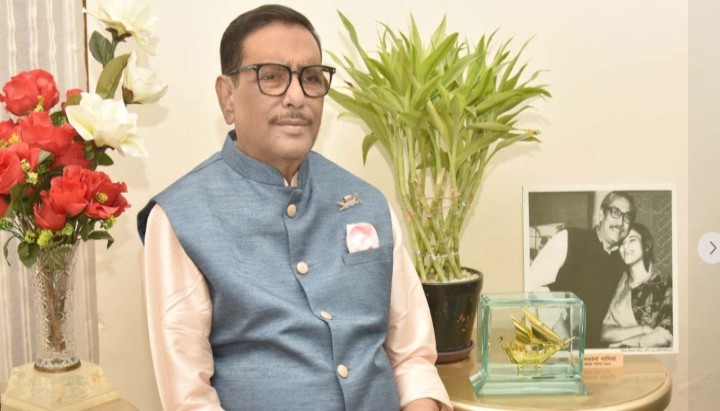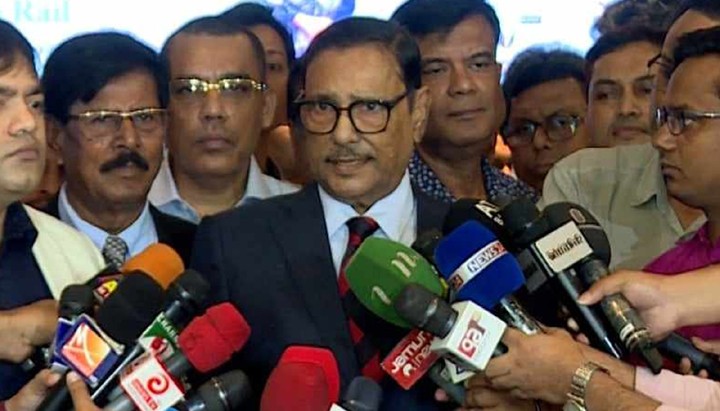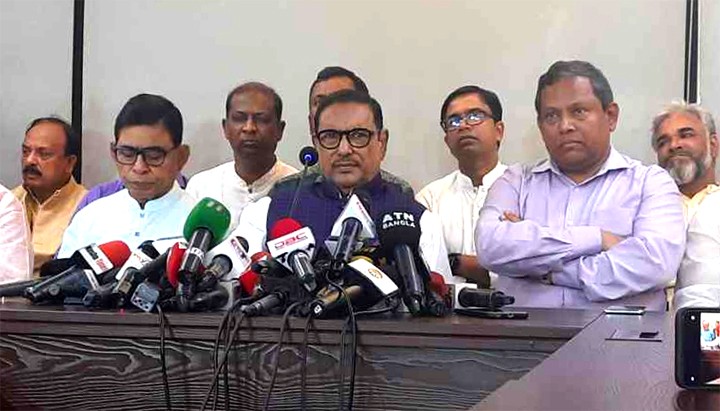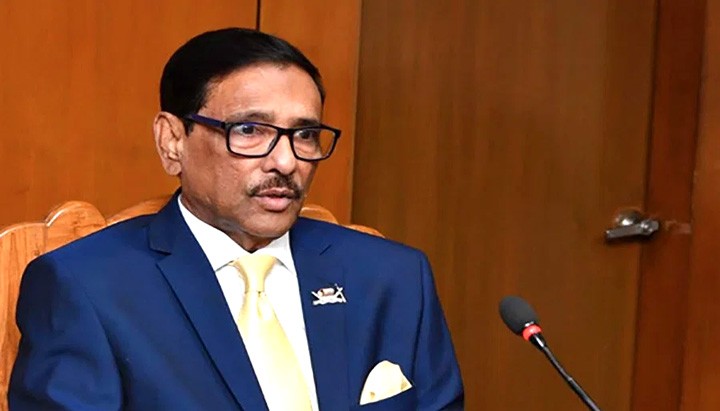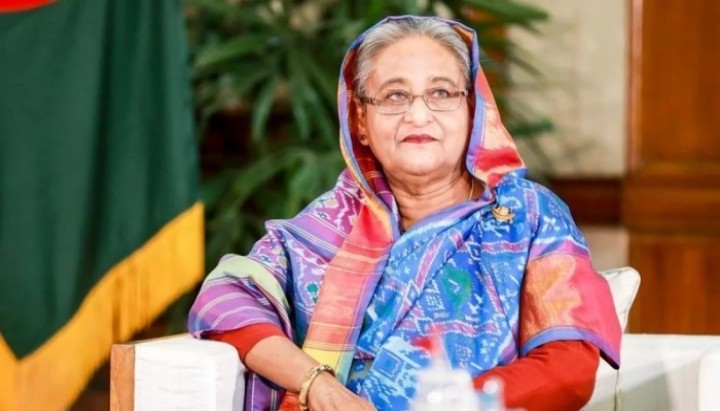Prime Minister Sheikh Hasina today said this year's January 7 polls were the freest, fairest and most credible in Bangladesh after 1975.
"I think the election that was held in Bangladesh on January 7 this year was the freest, fairest and most neutral since 1975," she told a view exchange meeting with Tungipara Awami League leaders and activists at her official Ganabhaban residence.
Sheikh Hasina said the BNP-Jamaat wanted to foil the January 7 polls by doing various misdeeds. But the most important thing of the election is that the people spontaneously went to the polling stations and cast their vote, she said.
Mentioning that the journey ahead is not so easy, the Prime Minister said "Many obstacles have to be overcome. Many conspiracies surround this Bangladesh."
The people of Bangladesh have become financially secure today, she said, adding, people of Bangladesh are getting food today and are receiving treatment easily.
She went on saying, over 30 types of medicines are given free of charge through community clinics and today there is no need to bring old clothes from abroad.
Sheikh Hasina said that they have arranged rice and clothes as well as ensured medical treatment and education for the country's people. "In this way we are working for the welfare of people."
Regarding the commodity prices, she said that global food prices have increased, and that is why the government has to pay a huge amount of money to buy fertilisers, seeds, wheat, fuel oil, edible oil and gas.
"We have to buy many things from abroad. As the price of everything has gone up, the cost of transportation has gone up because of the Ukraine-Russia war," she added.
The head of government noted that there is a little difficulty for those who have a fixed income, saying "if we all cultivate the uncultivated lands, then there will be no shortage of this food. Moreover, we can make more surplus, we can also give to the people."
Laying emphasis on brining uncultivated land under cultivation, she said "wherever there is fallow land, we should bring it under cultivation. We will do whatever we can to help. At the same time, we will make arrangement for marketing through cooperatives."
Sheikh Hasina said, "We have a plan to store food grains in every district; When there is a surplus. We have already made arrangements to this end."
She urged everyone to be frugal in the use of electricity and water.
Addressing the chairmen and members of Union Parishads, the Prime Minister said that the government gives many projects and works, and those should be implemented properly.
"People should not be ticked off (seeing the bad work), rather they can bring confidence by seeing the work, and this trust is most needed," she added.
-BSS


